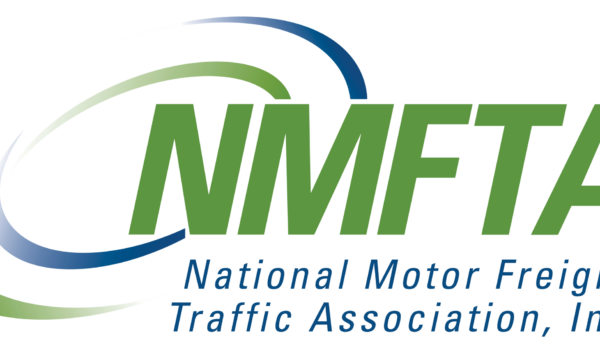As the trucking industry becomes increasingly digital, it also becomes more vulnerable to cyberthreats. Currently, one of the most concerning groups in this space is a threat actor known as Scattered Spider. While they’ve primarily targeted large enterprises, their tactics are highly relevant to the trucking and logistics sector, which relies heavily on remote access, mobile devices, and third-party IT services.
Scattered Spider, also known by such aliases as UNC3944, Starfraud, and Muddled Libra, is a financially motivated cybercriminal group that emerged around 2022. What sets them apart is their skill in using social engineering as a primary Tactics, Techniques, and Procedures (commonly referred to as TTPs). They are skillful in the art of manipulating people rather than systems to gain access to networks and have been linked to high-profile data breaches and ransomware attacks, often by using stolen credentials and remote access tools to infiltrate organizations.
Their methods are both clever and concerning. They often start by impersonating IT support staff, contacting employees via phone or text to trick them into revealing login credentials or installing remote access software. Once inside, they may use techniques that fool current multi-factor authentication (MFA) methodologies and repeatedly send prompts until a user gives in and approves access.
Another tactic they’ve used is SIM swapping, where they convince a mobile carrier to transfer a victim’s phone number to a SIM card they control, allowing them to intercept text messages, including MFA codes, giving them a direct path into secure systems. Combining these types of TTP’s with deploying remote access tools like AnyDesk or TeamViewer allows them to move laterally within a network, thus stealing data, and sometimes deploying ransomware. Their attacks are fast, targeted, and often devastating.

Why Trucking Should Pay Attention
While Scattered Spider hasn’t been publicly linked to a direct attack on a trucking company, the industry is a natural target. Transportation relies on a web of digital tools, ranging from fleet management systems, GPS tracking, and electronic logging devices, through cloud-based logistics platforms.
Many organizations in the industry use outsourced IT support, such as a Managed Service Provider (MSP) or Managed Security Services Provider (MSSP), which is one of Scattered Spider’s favorite entry points. If a third-party vendor is compromised, attackers could gain access to dispatch systems, routing software, or even financial records. The use of remote access tools, while convenient, also opens the door to unauthorized control if not properly secured. Please verify with your provider that the remote access tools they use to keep your organization up and running are properly secured.
Mobile devices are another weak spot. Drivers and dispatchers often use phones for authentication and communication. A successful SIM swap could allow attackers to hijack accounts and access sensitive systems.
The risk is real, if this bad actor is allowed in your system for any amount of time the Holy Grail for this bad actor is data. Risking the threat of leaking that data as well as using it in some other nefarious fashion. For the industry this could mean exposure of customer contracts, shipment schedules, or internal financial data—information that could be used for extortion or sold on the dark web.
A Framework for Defense: NMFTA’s Cybersecurity Cargo Crime Reduction Framework
Recognizing the growing threat of cyber-enabled cargo theft, the National Motor Freight Traffic Association, Inc. (NMFTA)™ has released a powerful new resource: the Cybersecurity Cargo Crime Reduction Framework.
This free guide is designed specifically for carriers, shippers, and third-party logistics providers (3PLs) to help them recognize and shut down the tactics that cybercriminals like Scattered Spider are using today.
The framework offers practical, field-tested strategies to:
- Identify red flags such as spoofed dispatch communications and fake carrier credentials;
- Implement layered defenses across telematics, authentication, and personnel training;
- Bridge the gap between cybersecurity and day-to-day fleet operations; and
- Respond quickly and effectively when an incident occurs.
What makes this framework especially valuable is its focus on social engineering mitigation—a key tactic used by Scattered Spider. It provides actionable steps that IT, dispatch, and risk teams can take together to prevent identity spoofing, freight fraud, and digital cargo theft.
If you’re part of the trucking or logistics industry, now is the time to act. Cybercriminals are evolving fast, and the cost of inaction is too high. Download the NMFTA Cybersecurity Cargo Crime Reduction Framework today and begin implementing the social engineering defenses it outlines. You don’t need to be a cybersecurity expert to protect your cargo, you just need the right playbook. Outsmart the criminals before they make your freight their next target.

Want to dive into all things cybersecurity to ensure your fleet and/or systems are protected? Join NMFTA and your peers for our 2025 Cybersecurity Conference set for October 26-28 in Austin, TX: www.nmftacyber.com.






